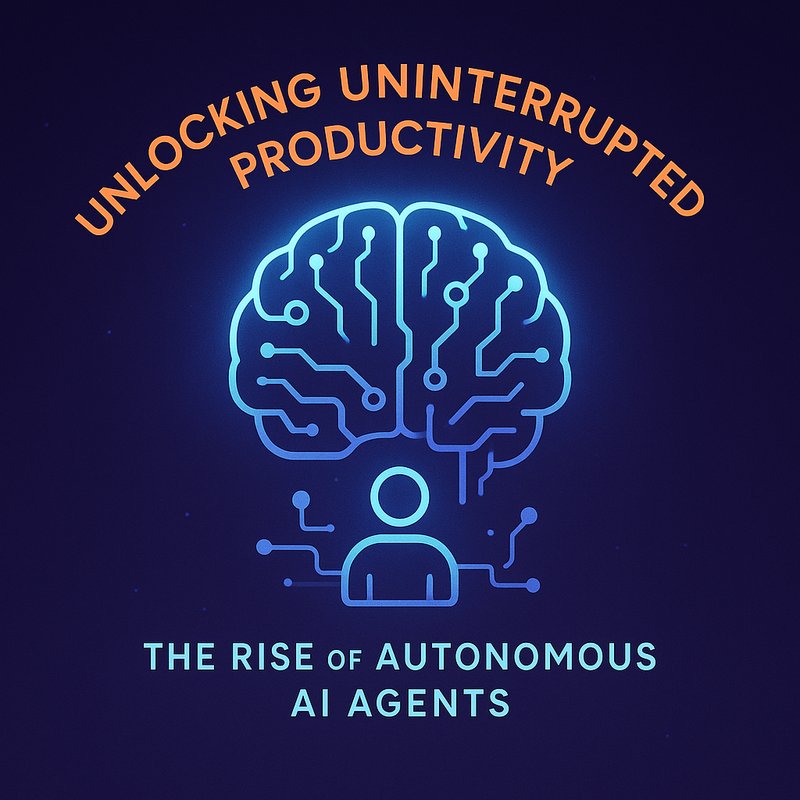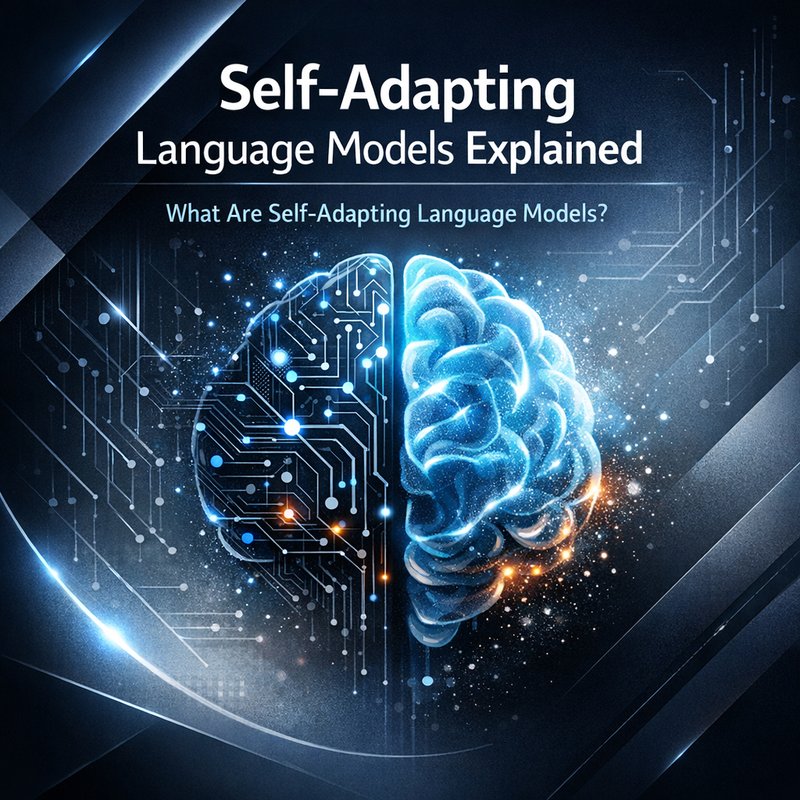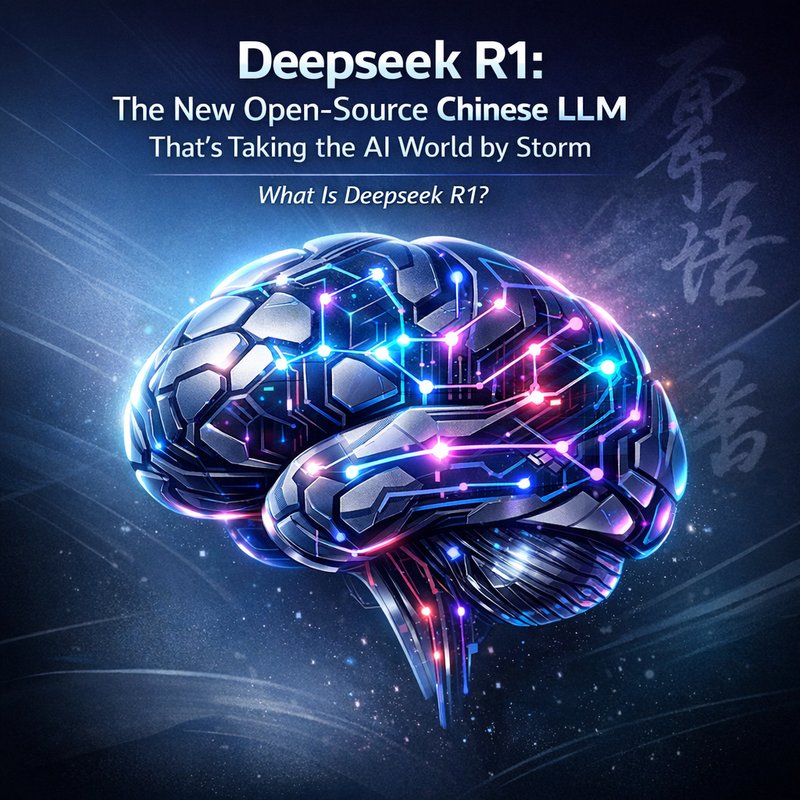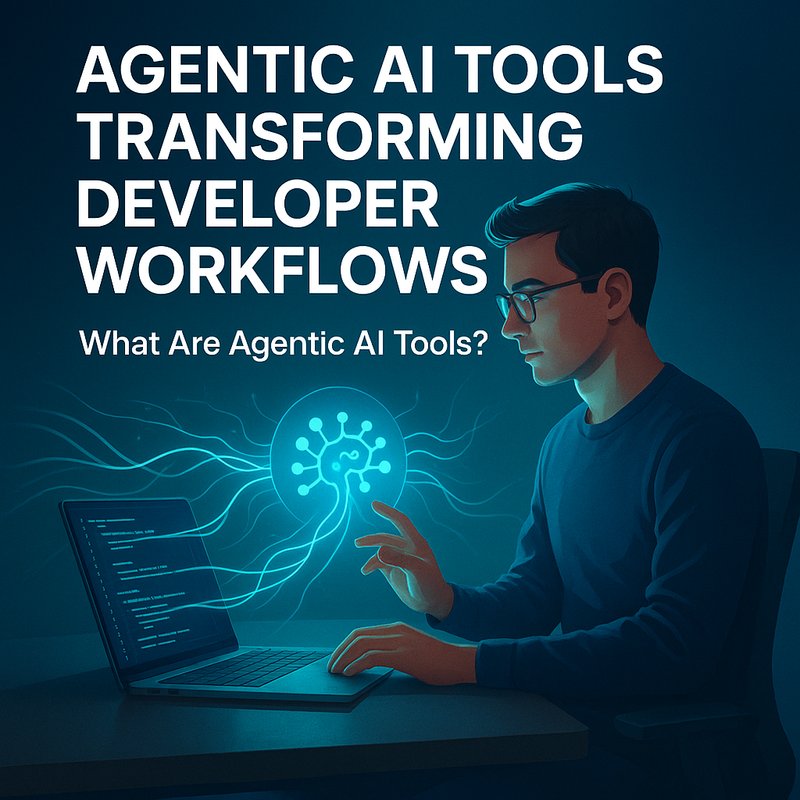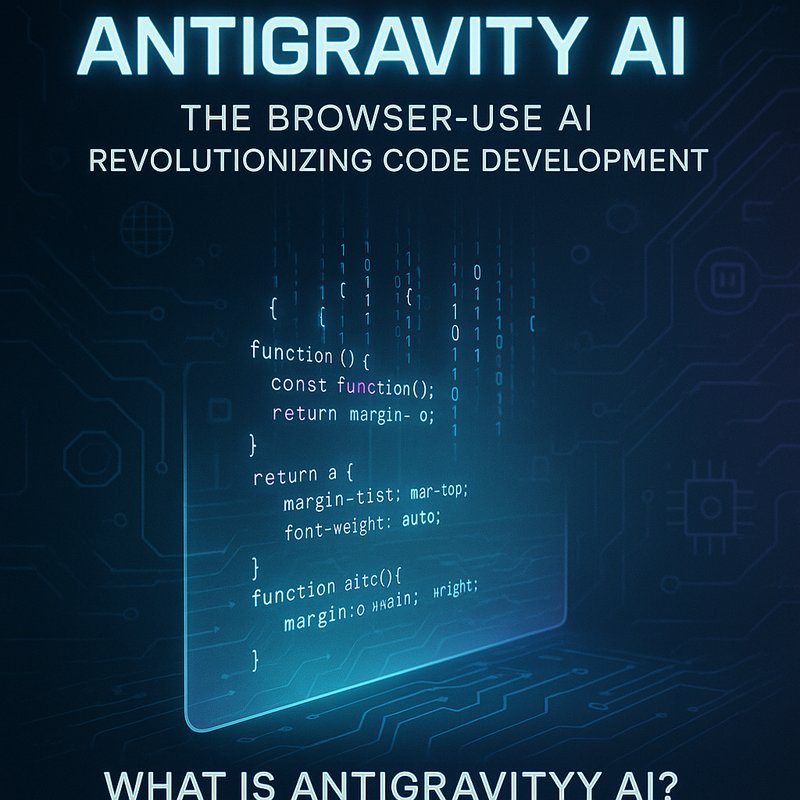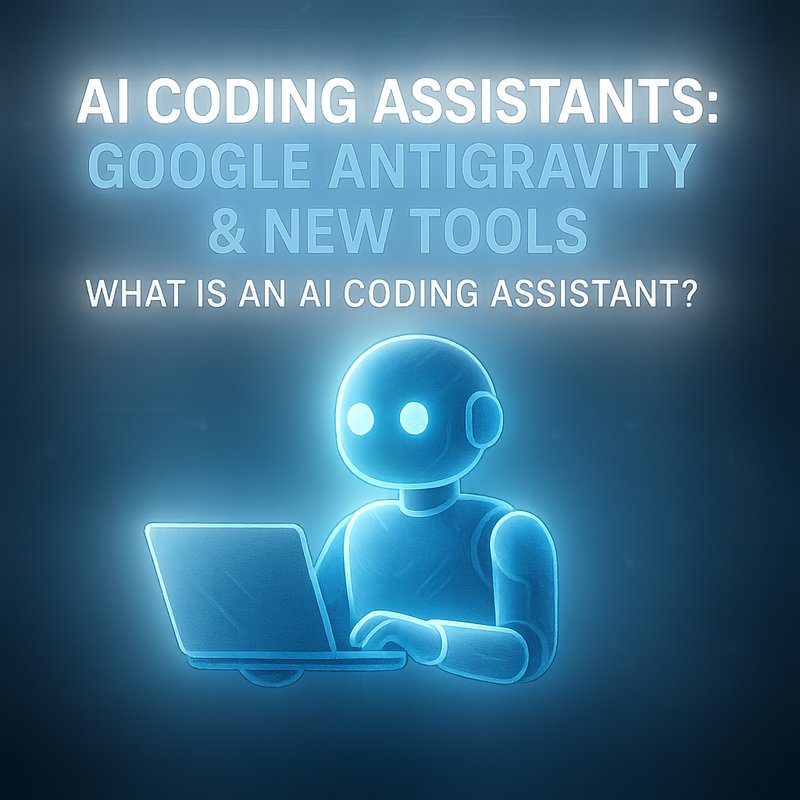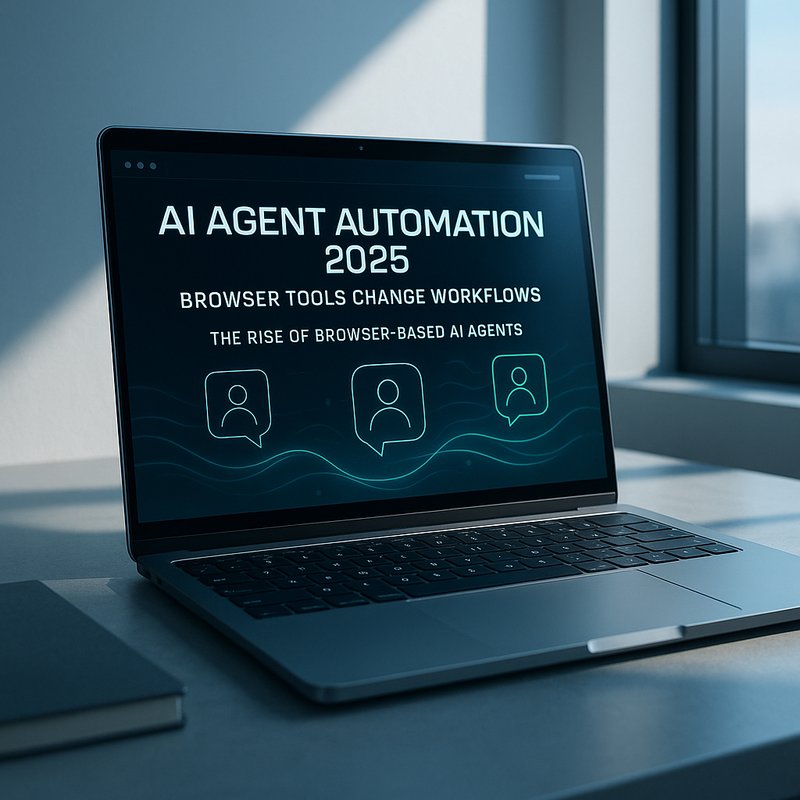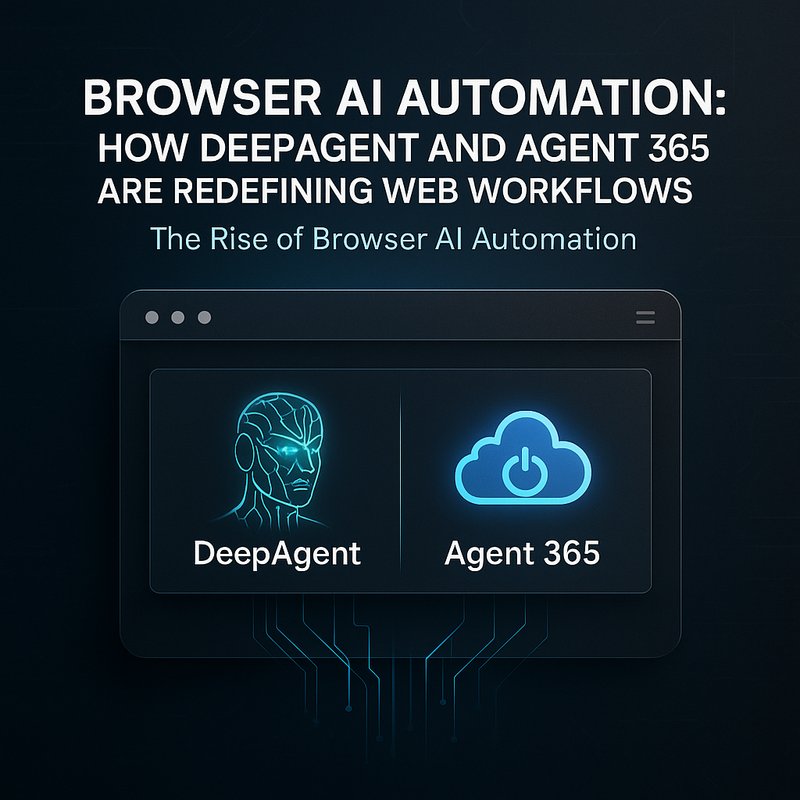Unlocking Uninterrupted Productivity
In 2025, more businesses use AI to get work done around the clock. This new wave of tools—called autonomous AI agents—can handle tasks on their own. They save time, cut costs, and free people to focus on big ideas. In this article, we look at three of the hottest players in this field: AppFolio’s Realm-X Performers, Datadog’s AI Agents Console, and Zencoder’s AI code-testing agent. We also explore what these tools mean for teams and how Neura AI tools can help you get the most from this shift.
The Dawn of Autonomous AI Agents
Autonomous AI agents are software programs that can make choices and take action without needing a human at every step. Think of them as helpers that:
- Read your calendar and set up meetings
- Scan your code for bugs and fix simple issues
- Watch your servers and respond to alerts
- Handle customer questions on chat or email
Behind the scenes, these agents run on large language models (LLMs) and specialized rules. They pull in data, plan a course of action, and then carry it out. Over time, they learn from success and failure, so they get better on the job.
Why Agents Matter Now
Several forces push this trend:
- Nonstop demand. Work never sleeps. Teams in different time zones need smooth handoffs.
- Talent gap. It can take weeks to train new staff. AI agents start right away.
- Cost pressure. Companies want to do more with less. Agents can cut routine work by 50% or more.
- Data overload. There is more data than ever. Agents parse logs, tickets, and documents fast.
When you mix these factors, you get a strong case for tools that run 24/7. Agents promise more uptime, faster responses, and better use of human skills.
AppFolio’s Realm-X Performers: Uninterrupted Leasing and Maintenance
AppFolio, a leader in property management software, launched Realm-X Performers in late 2024. These agents focus on leasing and maintenance workflows. Here’s how they work:
- Tenant responses. Agents read rental inquiries and reply with FAQs, showing available units and prices.
- Appointment booking. They sync calendars, confirm walk-throughs, and send reminders. No more back-and-forth emails.
- Maintenance triage. Tenants report repairs. Agents decide if the issue is urgent, assign a team, and track jobs.
- Follow-up checks. After service, the agent sends a quick survey to rate the work.
Real Results
Early users report big gains:
- 70% faster replies. Prospective tenants get answers in minutes, not hours.
- 40% fewer no-shows. Automated reminders cut down on missed appointments.
- 30% less manual work. Staff can focus on urgent calls rather than routine emails.
Realm-X Performers connect to standard property management systems via APIs. They pull tenant data, lease terms, and vendor contacts in real time. If needed, property managers step in with a click to tweak messages or reassign tasks.
Datadog’s AI Agents Console: AI for SRE at Scale
Datadog, known for cloud and infrastructure monitoring, rolled out its AI Agents Console in mid-2025. This platform lets Site Reliability Engineering (SRE) teams deploy, manage, and monitor AI agents all in one place.
Key Features
- One dashboard. See all your agents in a single view, from log watchers to autoscaling bots.
- Alert triage. When a new alert fires, an agent reads it, checks recent changes, and suggests a fix.
- Runbooks on demand. Agents can pull up runbook steps and run scripts to restore services automatically.
- Learning loop. After each incident, agents log what worked and what failed, so they handle similar issues better next time.
Impact on Ops

Teams using the console see:
- 60% faster incident resolution. Agents do the first pass on alerts, so humans handle only the tricky bits.
- Fewer late-night calls. Agents can fix minor issues off hours or pause alerts until the morning.
- Clear audit trail. Every agent action is logged, so teams can review and improve runbooks.
Datadog’s console can run on any cloud—AWS, Azure, Google Cloud. It integrates with ticket systems like Jira and ServiceNow, so handoffs to human teams are smooth.
Zencoder’s AI Code-Testing Agent: Quality Checks on Autopilot
Zencoder made a splash with its public beta code-testing agent in early 2025. Developers upload code snippets or link GitHub repos. Then the agent:
- Runs unit tests and integration tests
- Looks for common bugs and security issues
- Suggests fixes or refactors code
- Writes short test cases for new code paths
Why Teams Care
Manual testing takes time. Zencoder’s agent can cut debugging by 35%. Here’s what that means:
- Faster releases. Teams push features in days, not weeks.
- Better coverage. Agents spot edge cases humans might miss.
- Lower risk. Security scans run with every push.
Developers stay in their IDE. A simple slash command brings up the agent’s report. If tests fail, the agent posts details to Slack or Microsoft Teams. You get a quick summary piece by piece.
The Future of Work: Humans and Agents Together
Autonomous AI agents will not replace people overnight. Instead, they free us from routine work so we can:
- Brainstorm new products
- Build long-term strategies
- Solve hard problems that need human judgment
Here’s how this shift plays out in daily life:
- Morning catch-up. Your inbox is sorted by an agent. High-priority emails go to the top.
- Code review. A testing agent runs in the background as you code. It flags a possible bug. You fix it on the spot.
- Server alert. At 2 a.m., an agent auto-restores a failed service. You sleep through without panic.
- End-of-day notes. After a team call, a transcription agent writes the summary and shares it with the group.
In every step, agents do the small tasks. Humans do the large ones.
New Skills for New Roles
As agents take over routine work, job roles will shift:
- Agent manager. A person who trains and guides AI agents on company data and policies.
- Process designer. Someone who maps workflows so agents know when to act.
- AI auditor. A team member who checks agent decisions for bias or errors.
- Creative lead. Focused on new ideas, since agents handle the baseline tasks.
These roles need both tech skills and soft skills. Teams that blend both will stay ahead.
Using Neura AI to Boost Your Agent Strategy
Neura AI tools make it easy to plan, test, and run autonomous agents. Here are a few ways to use them:
Real-Time Research with Neura RTS

When you pick an agent platform, you need up-to-date product docs and user feedback. Neura RTS lets you search the web from a chat window. You get links, summaries, and sources in one view. Check it out at https://rts.meetneura.ai.
Meeting Summaries with Neura TSB
As you set up your agent workflows, meetings can get messy. Neura TSB records your calls and turns them into neat notes. Tag action items, share tasks, and never lose a detail. Try it free at https://tsb.meetneura.ai.
Collaboration in Neura Artifacto
When you write runbooks or test plans, Artifacto gives you an AI chat space. Draft steps, ask for clearer language, and share with your team—all in one place. Learn more at https://artifacto.meetneura.ai.
Document Cleanup with Neura MGD
Got a long policy doc or a playbook in markdown? Neura MGD converts it into a polished Google Doc. It fixes grammar, styles headings, and exports a ready-to-share file. Visit https://mgd.meetneura.ai to try it.
By weaving Neura tools into your agent projects, you keep data in sync, notes in order, and team work moving forward.
Wrapping Up
Autonomous AI agents are here to stay. AppFolio’s Realm-X Performers, Datadog’s AI Agents Console, and Zencoder’s code-testing bot are just the start. They show how agents can free teams from routine work and let humans focus on higher-value tasks. As more agents join the mix, the future of work will look like a true partnership between people and software.
Use Neura RTS to stay on top of new tools, Neura TSB for clear meeting notes, and Artifacto for writing and planning. With these AI helpers, you can unlock true nonstop productivity and keep your team in sync every step of the way.
